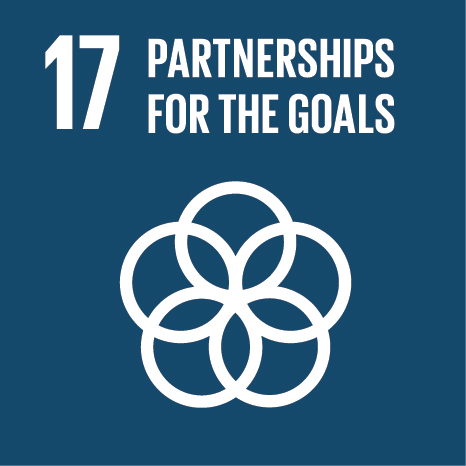Ciência_Iscte
Publications
Publication Detailed Description
Exploring the hidden influence of international treaty secretariats: using social network analysis to analyse the Twitter debate on the 'Lima Work Programme on Gender'
Book Title
Governance by international public administrations bureaucratic influence and global public policies
Year (definitive publication)
2018
Language
English
Country
United Kingdom
More Information
--
Web of Science®
This publication is not indexed in Web of Science®
Scopus
This publication is not indexed in Scopus
Google Scholar
This publication is not indexed in Overton
Abstract
While there is little doubt that international public administrations (IPAs) exert autonomous influence on international policy outputs, scholars struggle with the problem of how to measure this influence. Established methods for assessing political influence are of limited use when focusing on international bureaucracies. The main reason is that IPAs do not explicitly state their policy preferences. Instead, they tend to present themselves as neutral administrators, aiming to facilitate intergovernmental agreement. They normally act ‘behind the scenes’. We propose social network analysis (SNA) as an alternative method for assessing the hidden influence of international treaty secretariats. SNA infers influence from an actor’s relative position in issue-specific communication networks. We illustrate the application and usefulness of this method in a case study on the role of the United Nations climate secretariat in a policy-oriented Twitter debate on incorporating gender issues into the global climate policy regime.
Acknowledgements
--
Keywords
Climate policy,Social network analysis,International public administration,Treaty secretariats,Climate secretariat,International environmental policy
Contributions to the Sustainable Development Goals of the United Nations
With the objective to increase the research activity directed towards the achievement of the United Nations 2030 Sustainable Development Goals, the possibility of associating scientific publications with the Sustainable Development Goals is now available in Ciência_Iscte. These are the Sustainable Development Goals identified by the author(s) for this publication. For more detailed information on the Sustainable Development Goals, click here.

 Português
Português



